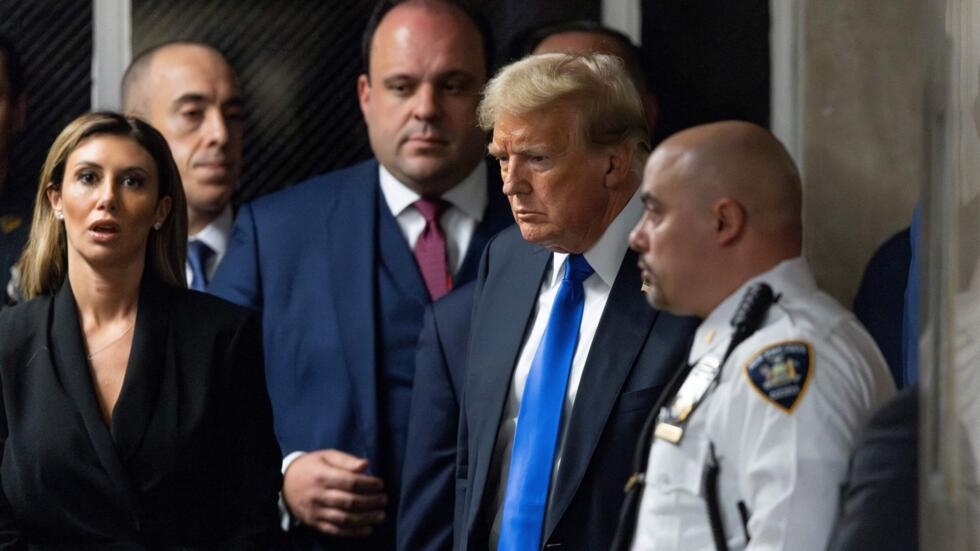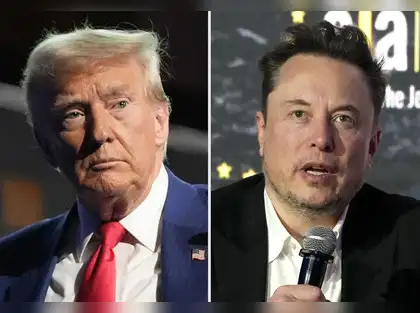
In a landmark decision, former President Donald Trump has been found guilty on all 34 charges in the highly publicized hush money trial. This ruling marks a significant moment in U.S. legal and political history, as Trump becomes the first former president to be convicted on criminal charges.
The case revolved around allegations that Trump made illegal payments to silence individuals who threatened to reveal potentially damaging information about him during the 2016 presidential campaign. The charges included violations of campaign finance laws, falsification of business records, and conspiracy.
The prosecution argued that Trump orchestrated a scheme to funnel hush money payments through his businesses, effectively covering up affairs and other incidents that could have derailed his presidential bid. Key evidence presented included financial records, communications between Trump and his associates, and testimony from former Trump lawyer Michael Cohen, who had already been convicted and served time for related offenses.
Throughout the trial, Trump’s defense team maintained that the payments were personal matters, not campaign expenditures, and thus did not violate any laws. They also claimed that the charges were politically motivated and part of a broader effort to undermine Trump’s influence and legacy.
However, the jury was persuaded by the prosecution’s evidence, which painted a detailed picture of a coordinated effort to deceive the public and federal authorities. The conviction on all counts demonstrates the jury’s agreement with the prosecution’s portrayal of Trump’s actions as criminally deceitful and strategically aimed at securing electoral victory.
This conviction carries substantial legal ramifications for Trump, potentially including significant fines and imprisonment. The exact sentencing will be determined in a subsequent hearing, but legal experts suggest that Trump could face severe penalties given the nature and number of the charges.
Politically, this outcome further polarizes an already divided nation. Trump’s supporters are likely to view the conviction as a miscarriage of justice and a continuation of what they see as a witch hunt against their leader. Conversely, his detractors see it as long-awaited accountability for actions they believe have undermined the integrity of the electoral process and the rule of law.
In the broader context, this case sets a precedent for how legal systems might handle allegations of misconduct by high-ranking officials and former presidents. It underscores the principle that no one, regardless of status or power, is above the law.
As the nation grapples with the implications of this verdict, the political landscape is poised for further upheaval. The forthcoming 2024 presidential election will likely see intensified debates over legal accountability, ethical standards in politics, and the enduring influence of Donald Trump on American society.






